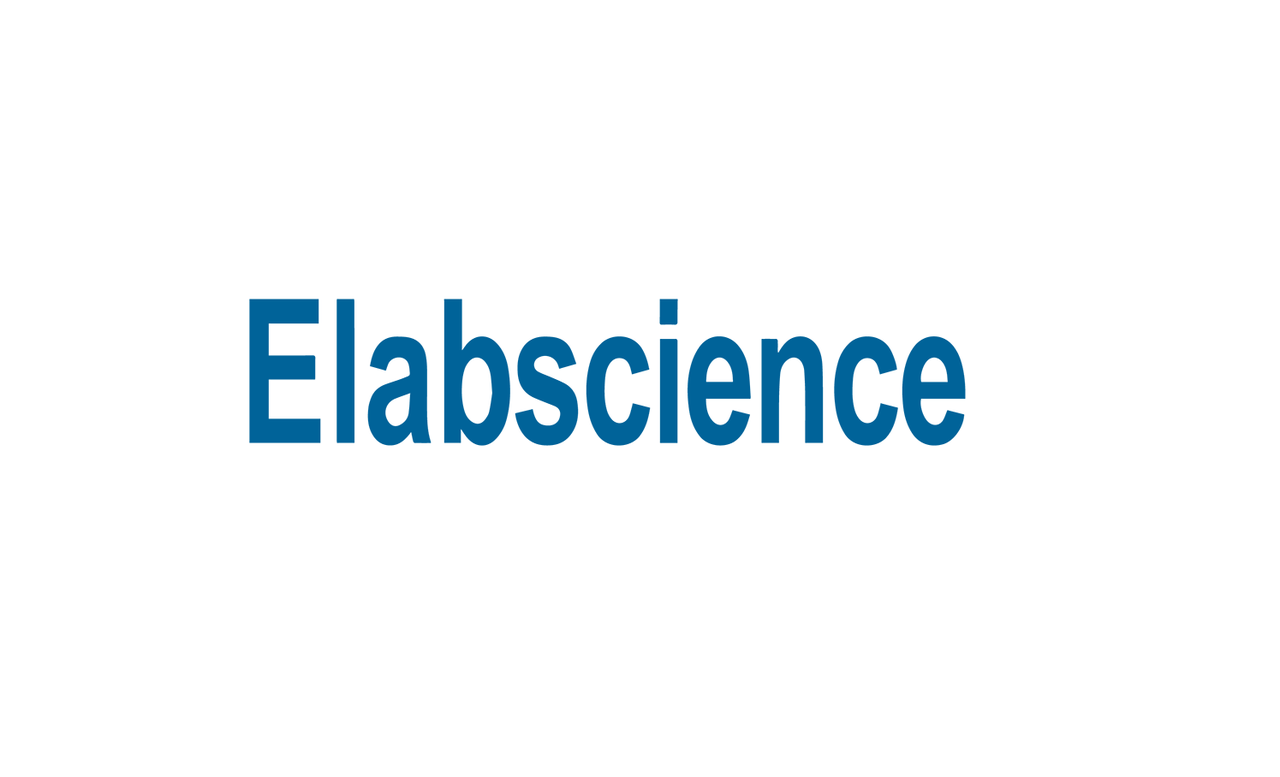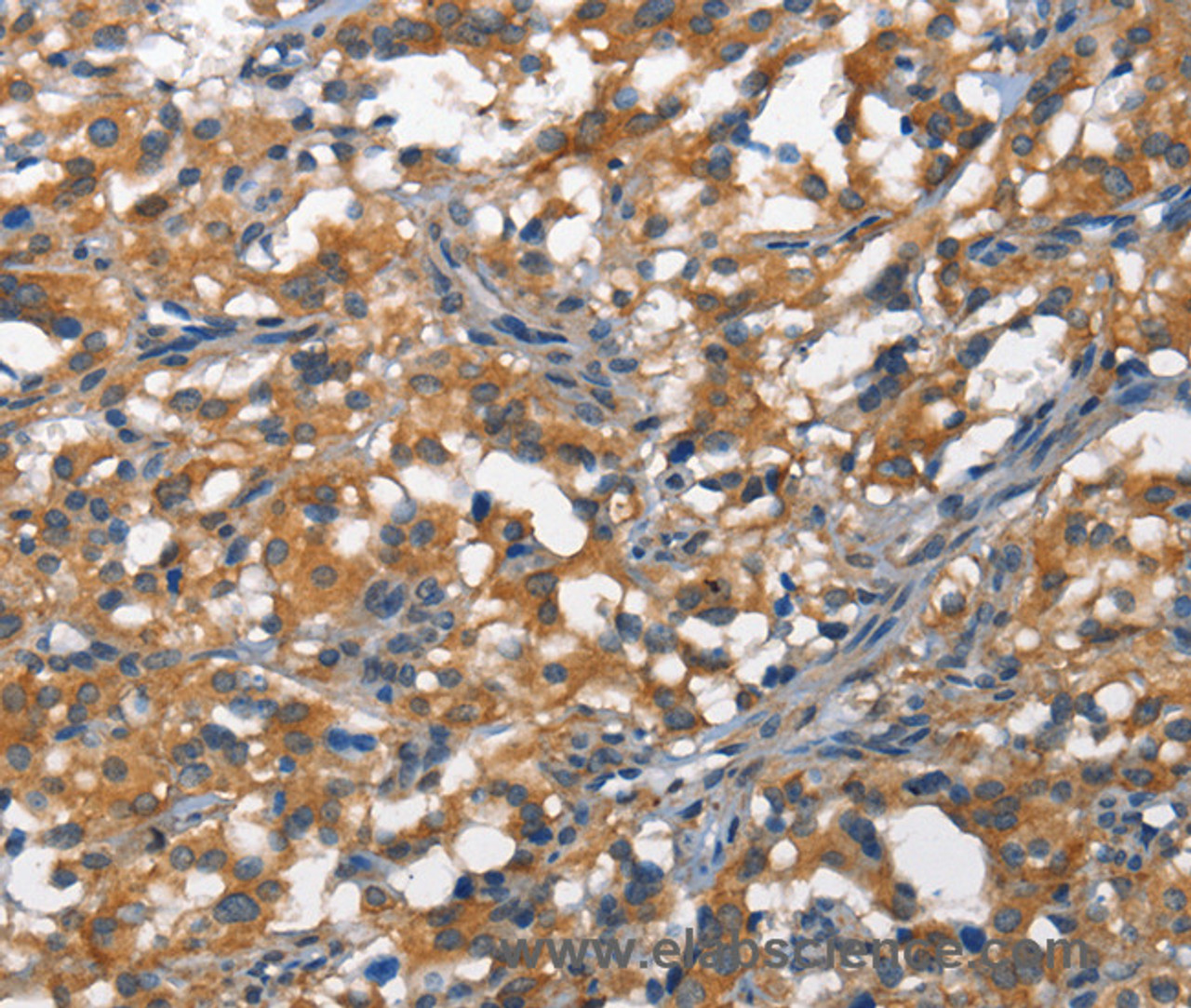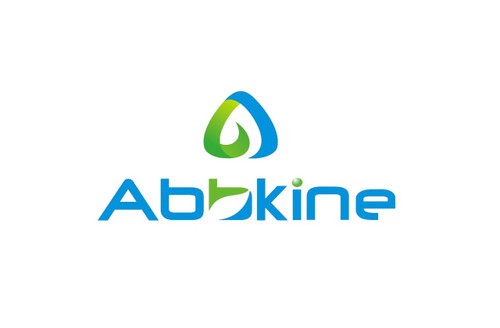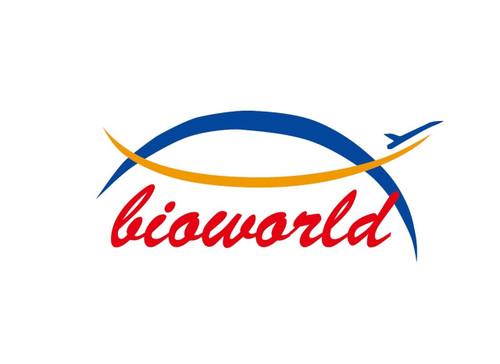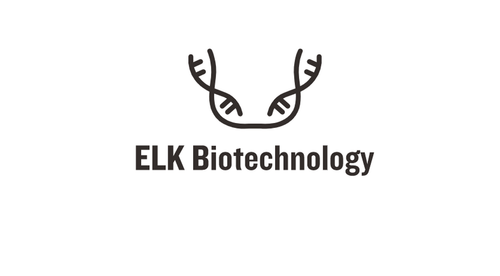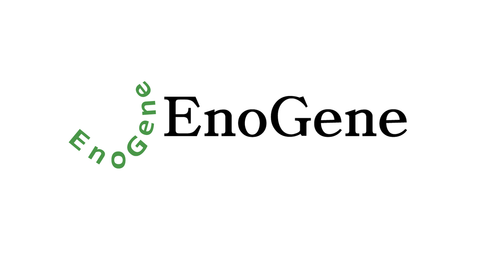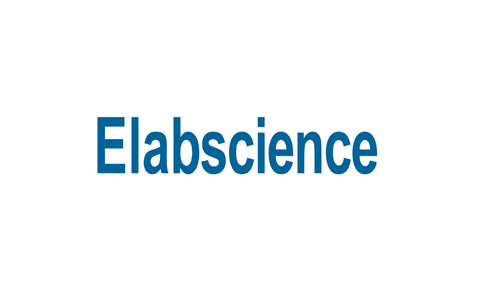Product Description
DDR2 Polyclonal Antibody | E-AB-12775 | Elabscience
Type: Polyclonal Antibody
Synonyms: CD167 antigen-like family member B, CD167b, CD167b antigen, Cell migration inducing protein 20, DDR 2, DDR2, DDR2, Discoidin domain containing receptor 2, Discoidin domain receptor 2, Discoidin domain receptor family member 2, discoidin domain receptor tyrosine kinase 2, Discoidin domain-containing receptor 2, discoidin domain-containing receptor tyrosine kinase 2, Hydroxyaryl protein kinase, MIG20a, Migration inducing gene 16 protein, Neurotrophic tyrosine kinase, Neurotrophic tyrosine kinase receptor related 3, NTRKR 3, NTRKR3, Receptor protein tyrosine kinase TKT, Receptor protein-tyrosine kinase TKT, Receptor related 3, receptor-related 3, TKT, TYRO 10, TYRO10, Tyrosine kinase receptor related to neurotrophic TRK, Tyrosine protein kinase TYRO 10, Tyrosine protein kinase TYRO10, Tyrosine-protein kinase TYRO10, Tyrosylprotein kinase
Application: IHC, ELISA
Reactivity: Human, Mouse
Host: Rabbit
Isotype: IgG
Reserch Areas: Cancer, Cardiovascular, Neuroscience
Background: Receptor tyrosine kinases (RTKs) play a key role in the communication of cells with their microenvironment. These molecules are involved in the regulation of cell growth, differentiation, and metabolism. In several cases the biochemical mechanism by which RTKs transduce signals across the membrane has been shown to be ligand induced receptor oligomerization and subsequent intracellular phosphorylation. This autophosphorylation leads to phosphorylation of cytosolic targets as well as association with other molecules, which are involved in pleiotropic effects of signal transduction. RTKs have a tripartite structure with extracellular, transmembrane, and cytoplasmic regions. This gene encodes a member of a novel subclass of RTKs and contains a distinct extracellular region encompassing a factor VIII-like domain.
Concentration: 0.3 mg/mL
Storage: Store at -20°C. Avoid freeze / thaw cycles.
Immunogen: Synthetic peptide of human DDR2
Buffer: PBS with 0.05% sodium azide and 50% glycerol, PH7.4
Purification Method: Affinity purification
Dilution: IHC 1:50-1:200
Clone: N/A
Conjugation: Unconjugated
Molecular Weight(Calculated): N/A
Molecular Weight(Observed): N/A
 Euro
Euro
 USD
USD
 British Pound
British Pound
 NULL
NULL

